The second edition of the Future Engineer programme, which saw the participation of 30 students, has come to an end.
Organised by the Public Works Authority (Ashghal) in co-ordination with the Qatar Scientific Club (QSC) and the Ministry of Sports and Youth, the programme had 20 trainers in different engineering disciplines from Ashghal and the QSC.
According to an official Ashghal statement, 15 workshops were held in addition to three field visits.
Ashghal president Dr Saad bin Ahmad al-Muhannadi and other officials also paid a visit to the programme.
Al-Muhannadi and the accompanying delegation were briefed about the benefits and output of the programme, which aimed to familiarise students with the different engineering disciplines through workshops and field and projects’ visits, while introducing the importance and advantages of each discipline, as well as meeting the requirements of the market in the future.
Students aged 12-18 took part in the programme, which was divided into two main sections over the span of eight days.
One section was offered at the laboratories and departments of Ashghal, and the other was offered at the laboratories of the QSC.
The first section of the programme enabled students to learn about the sampling methods, their inspection and whether or not they are approved according to the national engineering specifications.
Then they learnt about Ashghal’s Centre for Research and Development and the environmental laboratories and construction material laboratories.
Students also learned about the *GIS and used virtual reality (VR) techniques in some of the engineering projects.
The participants then proceeded to the second section of the programme, which took place at the QSC headquarters.
There the students explored engineering activities such as building and distributing teams, planning an engineering project, initiating prototypes design for a project, managing engineering projects and completing the implementation of the prototype to become a final model.
On the last day, the projects were presented by the participants and evaluated by a committee from Ashghal.
Children from the Orphans Care Centre (Dreama) also participated in the programme to enhance their skills and guiding them through the process of choosing their own engineering discipline.
Dreama has thanked Ashghal for their continuous efforts to include those children in its initiatives and programmes.
Al-Muhannadi said that Ashghal looks forward to co-operating with different governmental entities and organisations towards consolidating efforts in the field of training and development of the future generations.
“This is to meet the market needs when it comes to the engineering field in the future, and to offer an opportunity to all students in different engineering disciplines and familiarise them with the engineering environment, while allowing them to be able to decide the most suitable discipline for them in the future,” he said.
Ashghal Public Relations and Communications Department manager Abdulla Saad al-Saad hailed the success of the programme, which he said comes within the social responsibility framework of Ashghal.
QSC deputy executive director Abdulrahman Saleh Khamis said the club was keen for the programme to be comprehensive.
“The QSC values Ashghal’s support for the programme that reflects its full commitment in social responsibility towards the country,” he added.
Ashghal Quality and Safety Department manager Dr Ali al-Marri said that the practical experiments in the development of the required skills and expertise for the future engineer are important, as are the steps followed in Ashghal to ensure the quality of the materials used in projects.
Engineer Hamad al-Bader, the acting assistant manager of Ashghal’s Buildings Projects Department, said the authority is delighted with the visit of the programme participants to Lusail Circuit Development project.
“The participants were introduced to the project implementation steps using modern technology, and the potential challenges of the project during the implementation, and learned how to overcome them while taking into consideration the environmental and sustainability aspects during work,” he said.
QSC Public Relations Section head Eman al-Obaidi said that the programme plays a leading role in shaping the future of the emerging generation.
“We are used to reading maps, charts, and data and drawing conclusions, but this exciting experience, which is new and fun, has presented us with a challenge through which we were able to deliver a message to the participants about the importance of engineering, and its contribution in making our lives easier and better,” said Eman al-Kuwari, a member of Ashghal ambassadors initiative.
Engineer Muneera al-Sheraim, a trainer in the programme, said that she is proud to be part of this programme, which she pointed out constitutes a high-quality quantitative shift in terms of the ideas, content, and goals, since engineering in general is the most needed discipline in countries in the stages of construction and prosperity.
“This programme encourages our students to engage in this field passionately,” al-Sheraim noted.
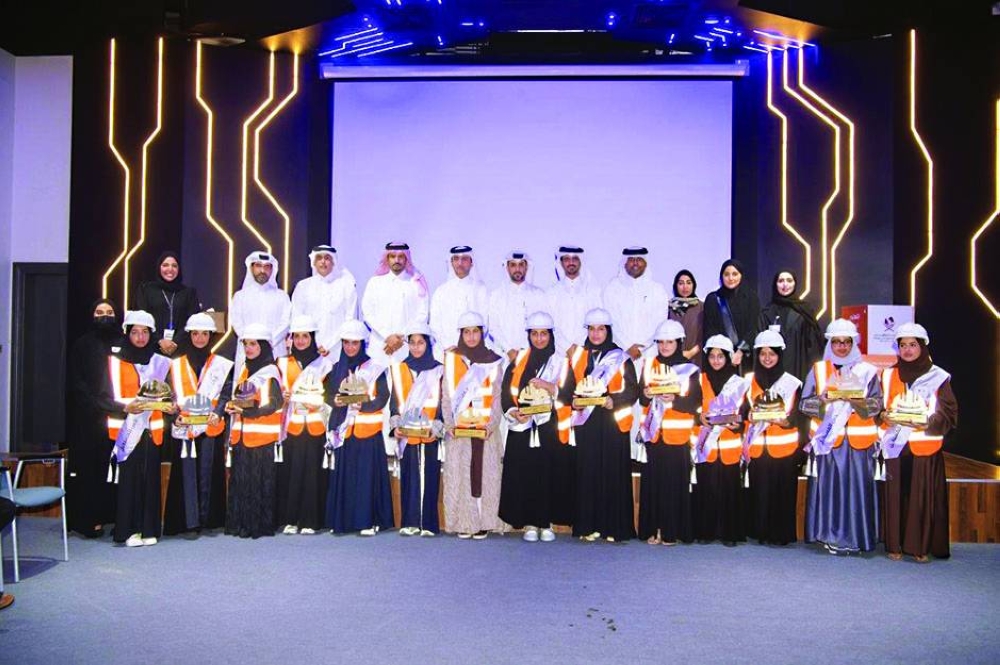
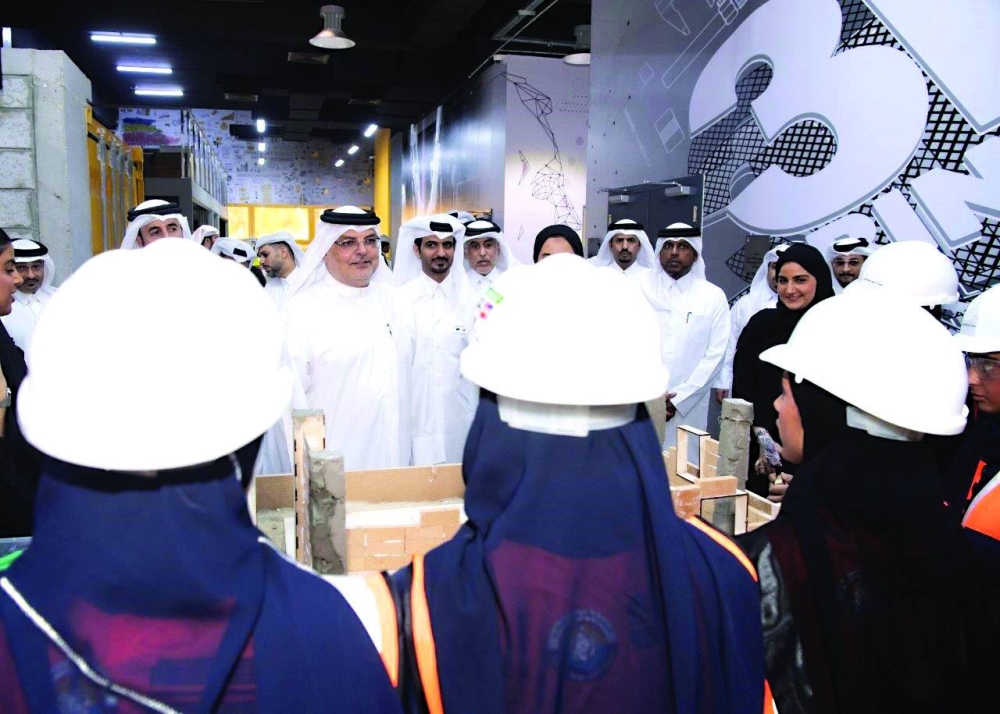
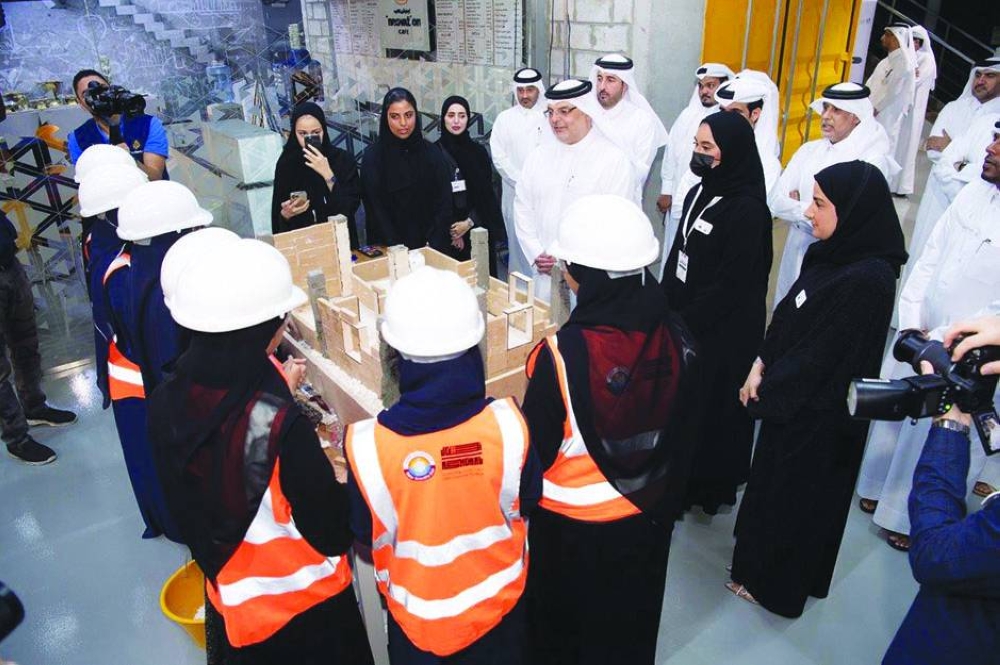
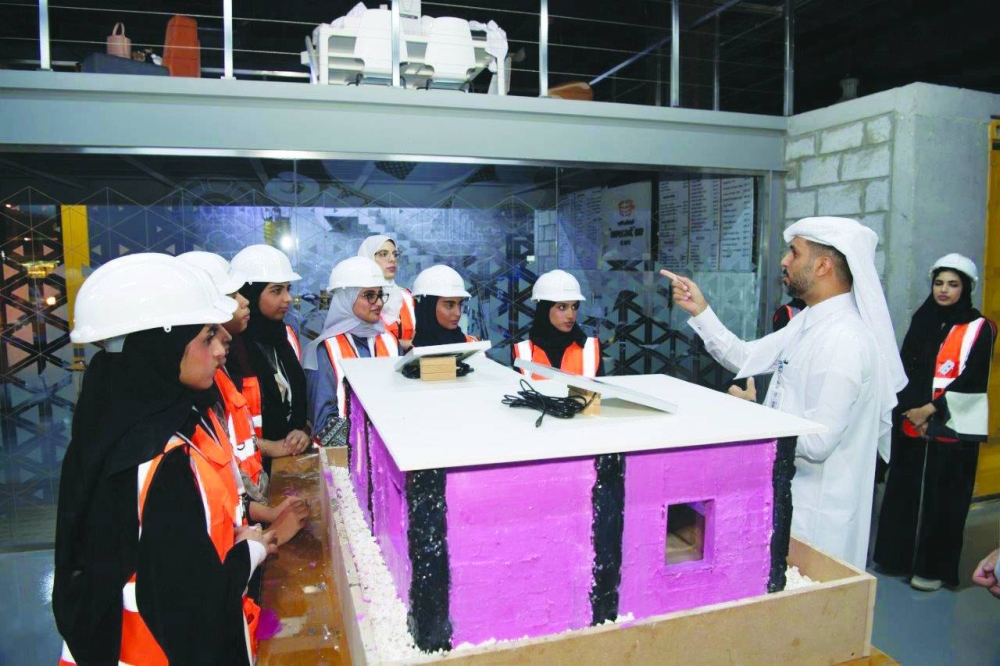
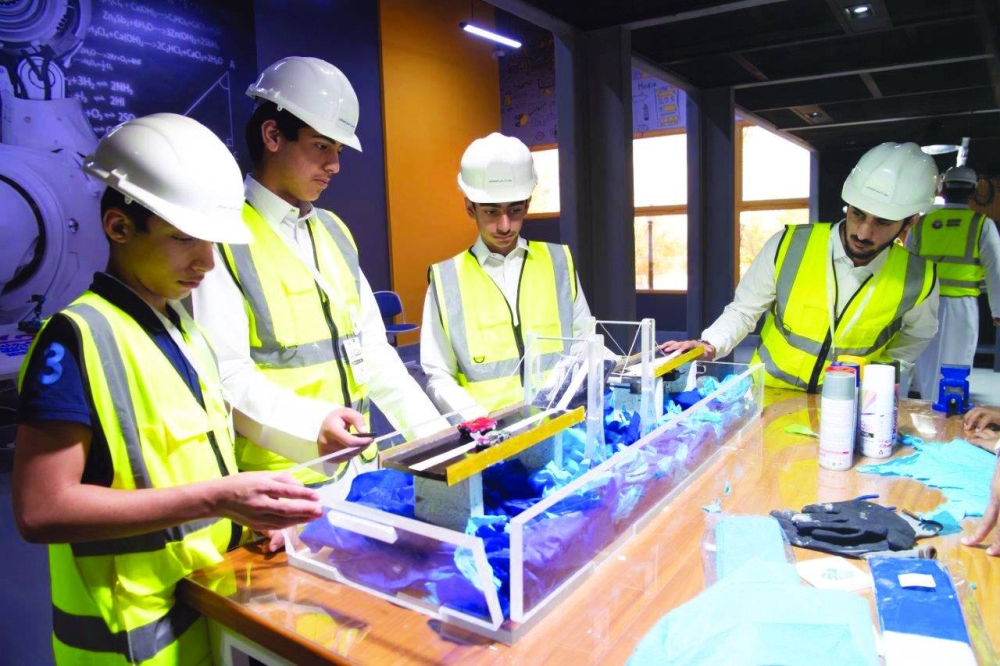
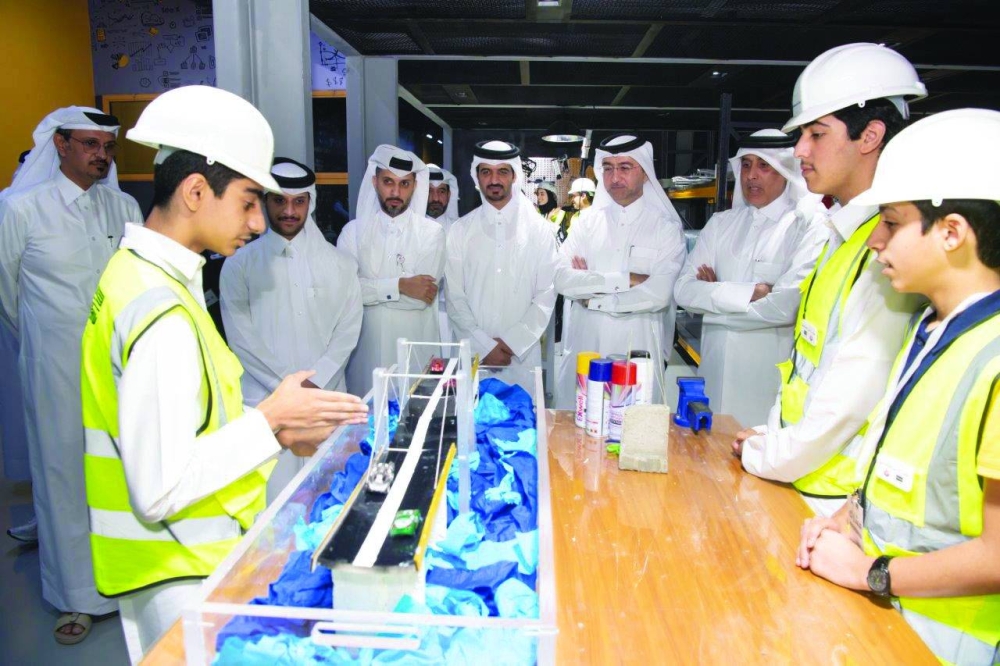
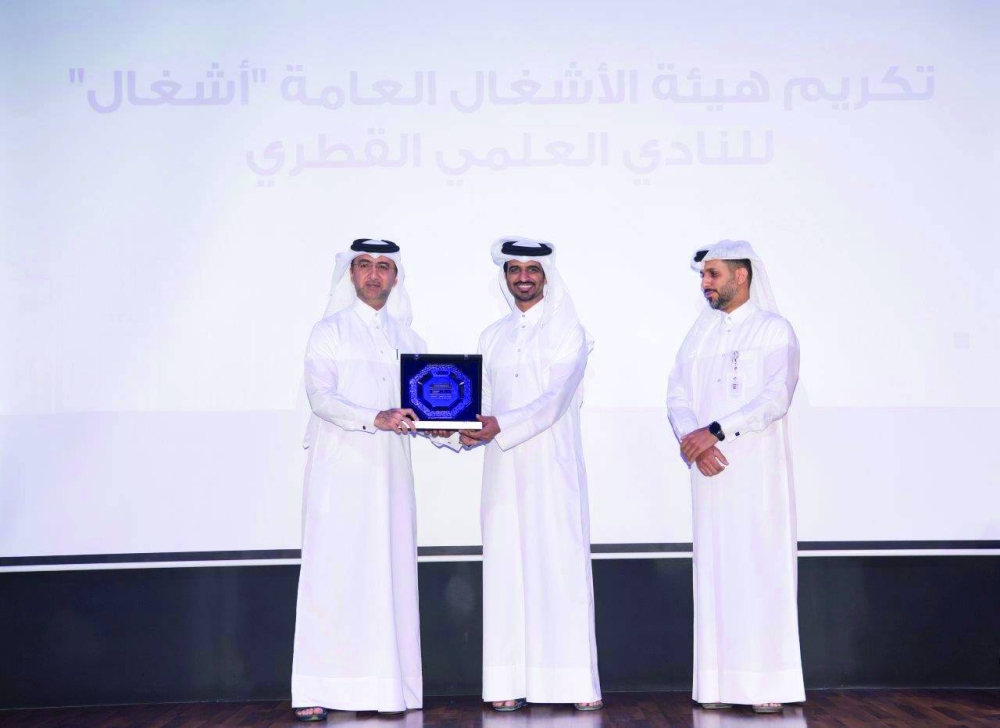
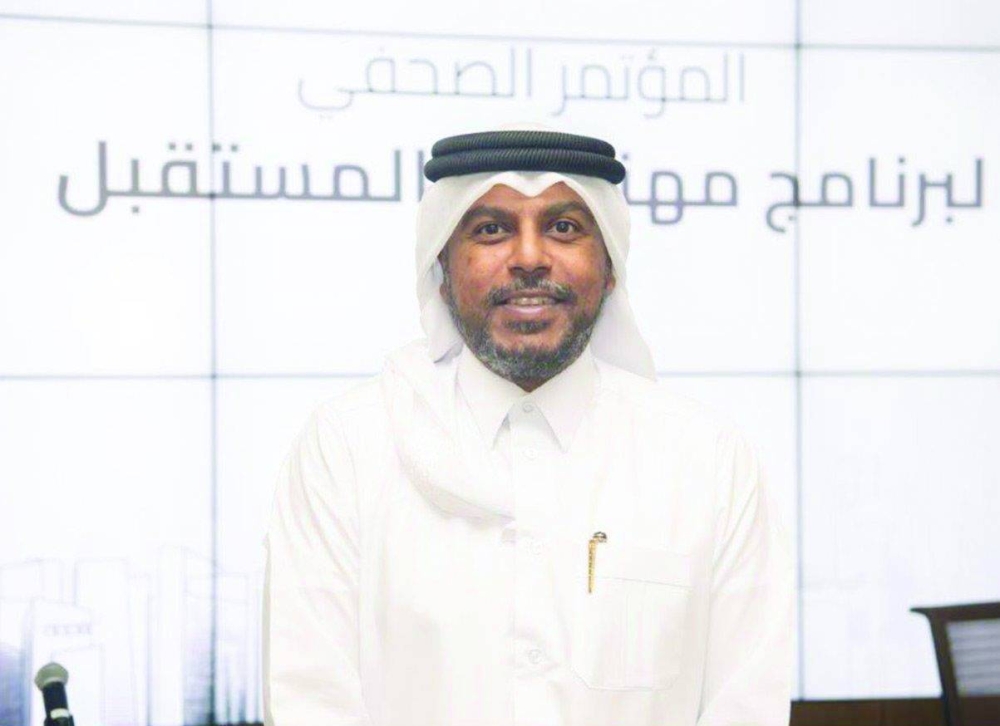
QSC deputy executive director Abdulrahman Saleh Khamis.
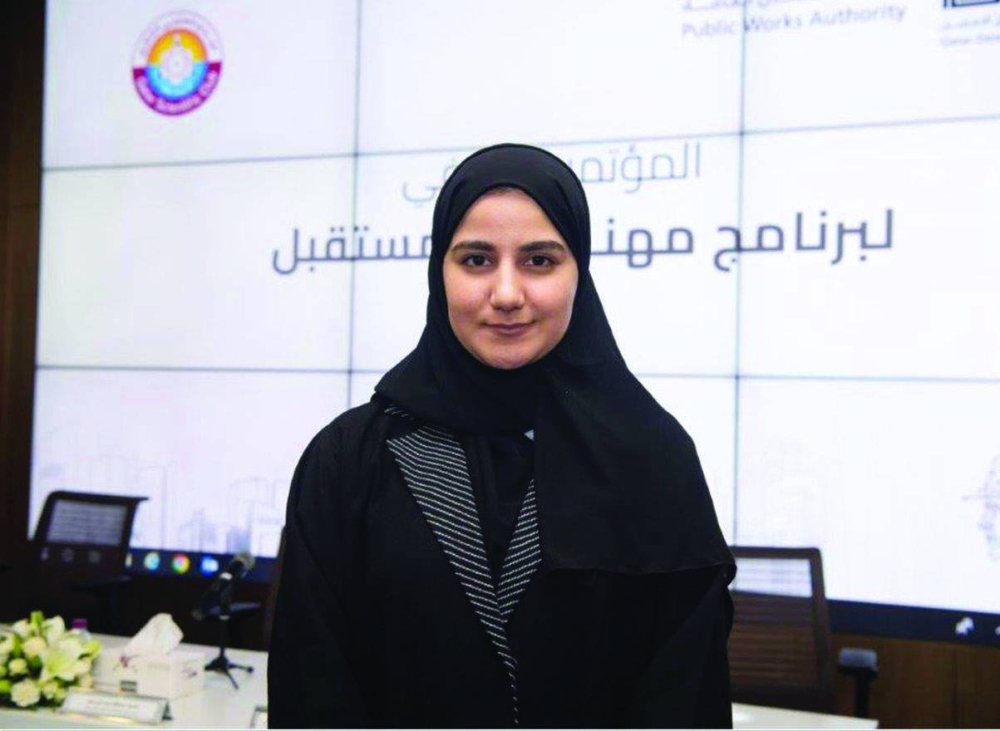
QSC Public Relations Section head Eman al-Obaidi.
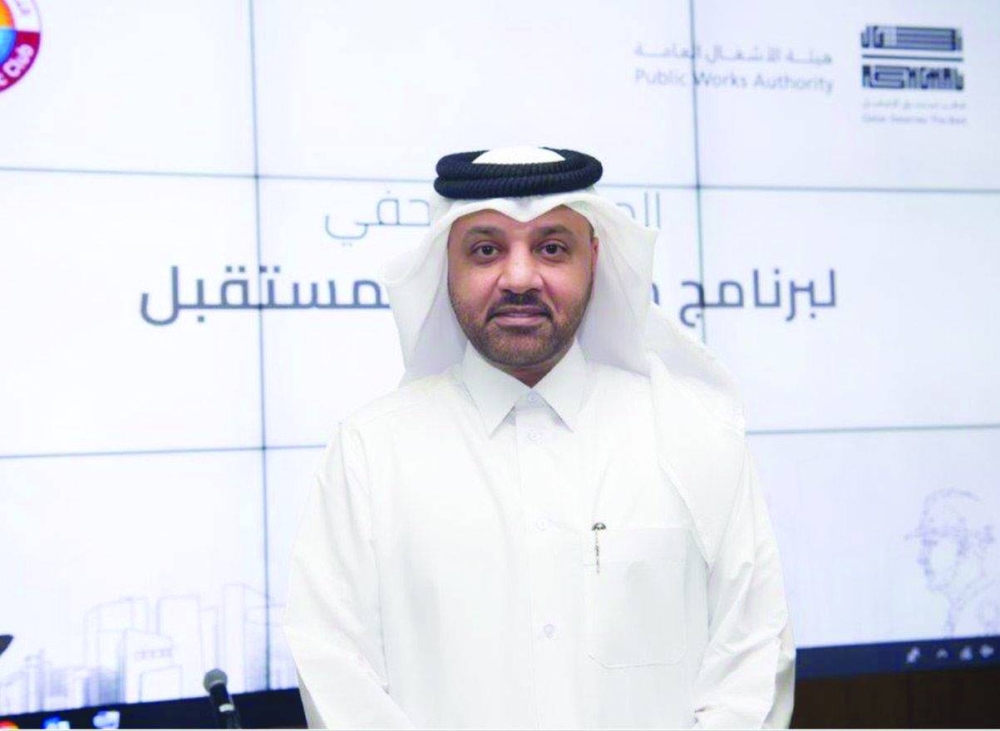
Ashghal Public Relations and Communications Department manager Abdulla Saad al-Saad.
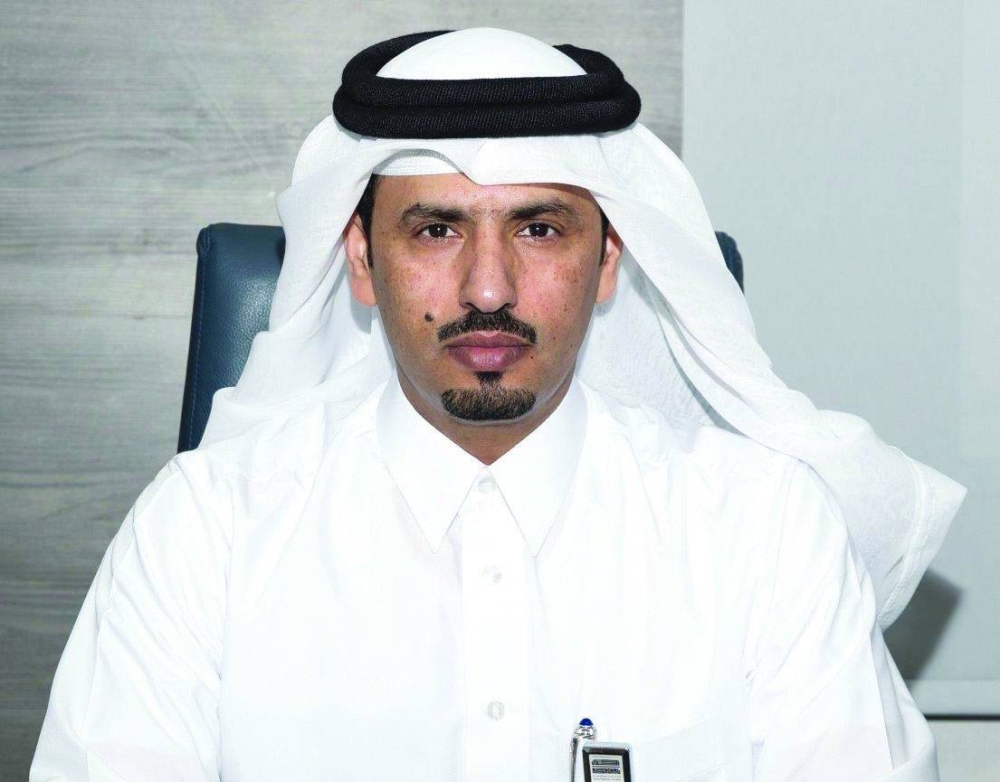
Ashghal Quality and Safety Department manager Dr Ali al-Marri.
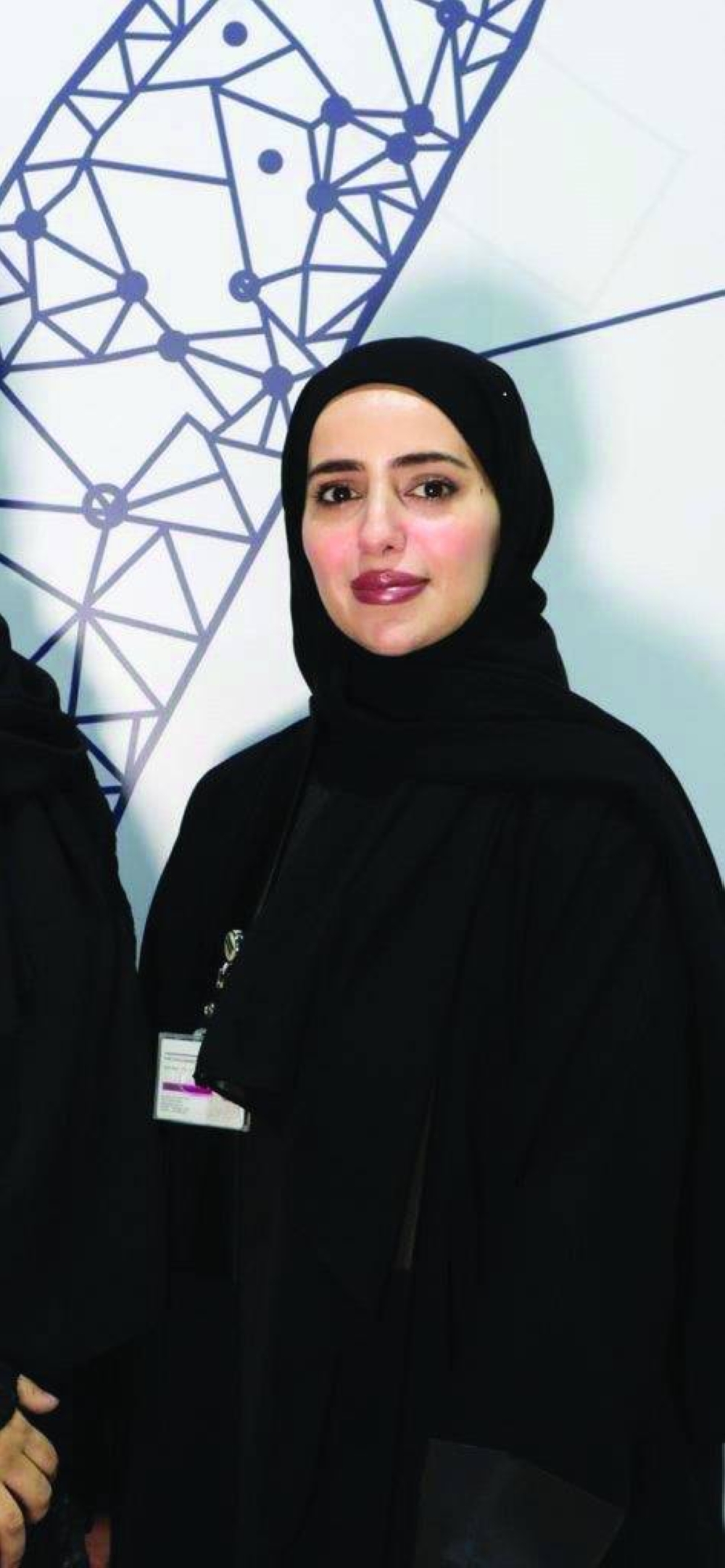
Eman al- Kuwari, a member of Ashghal ambassadors initiative.
